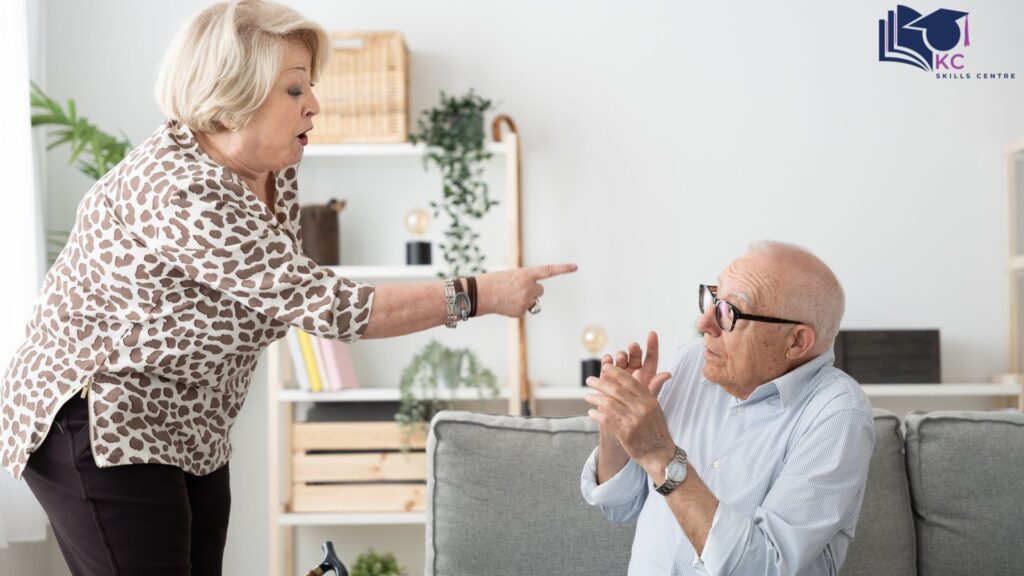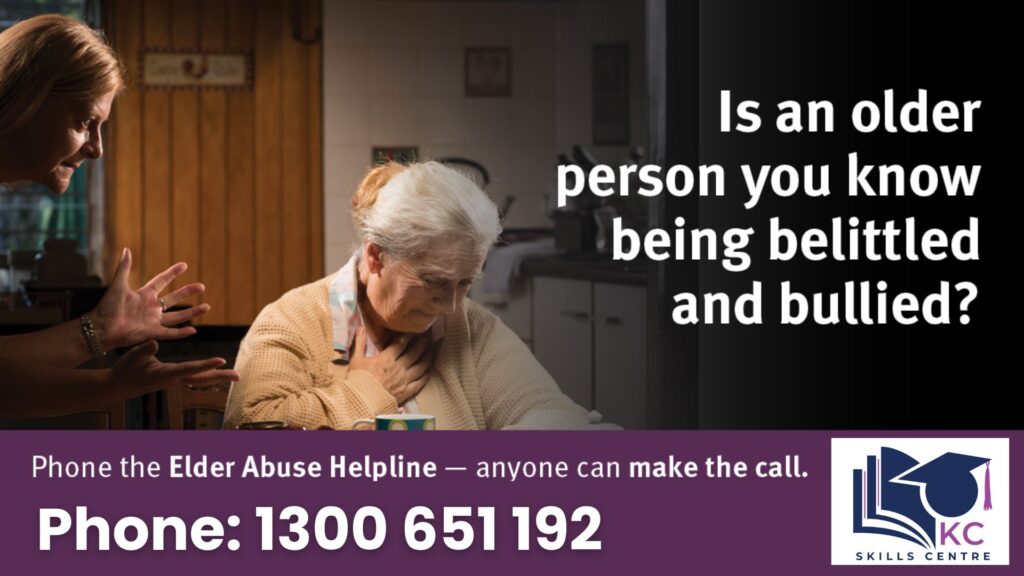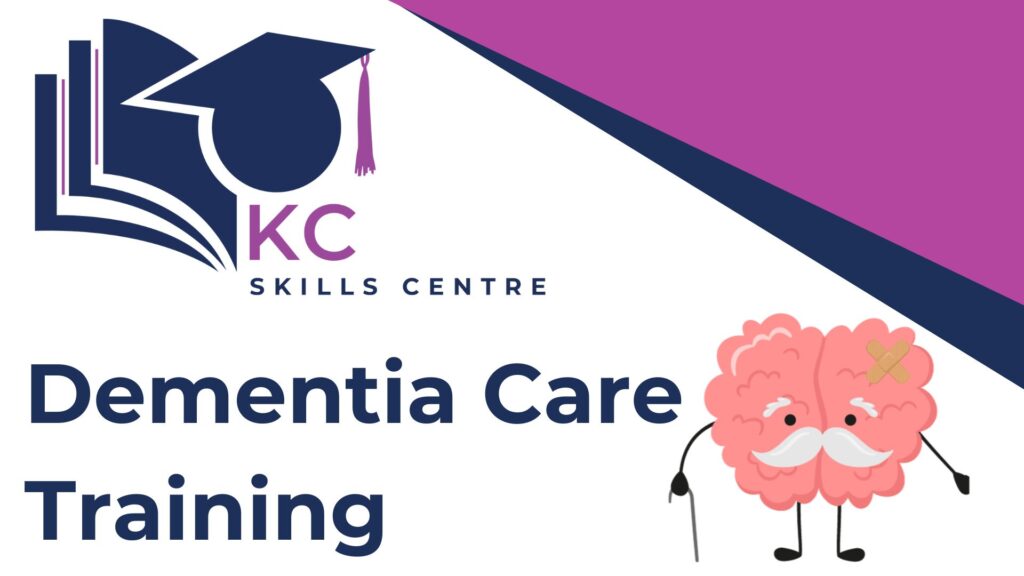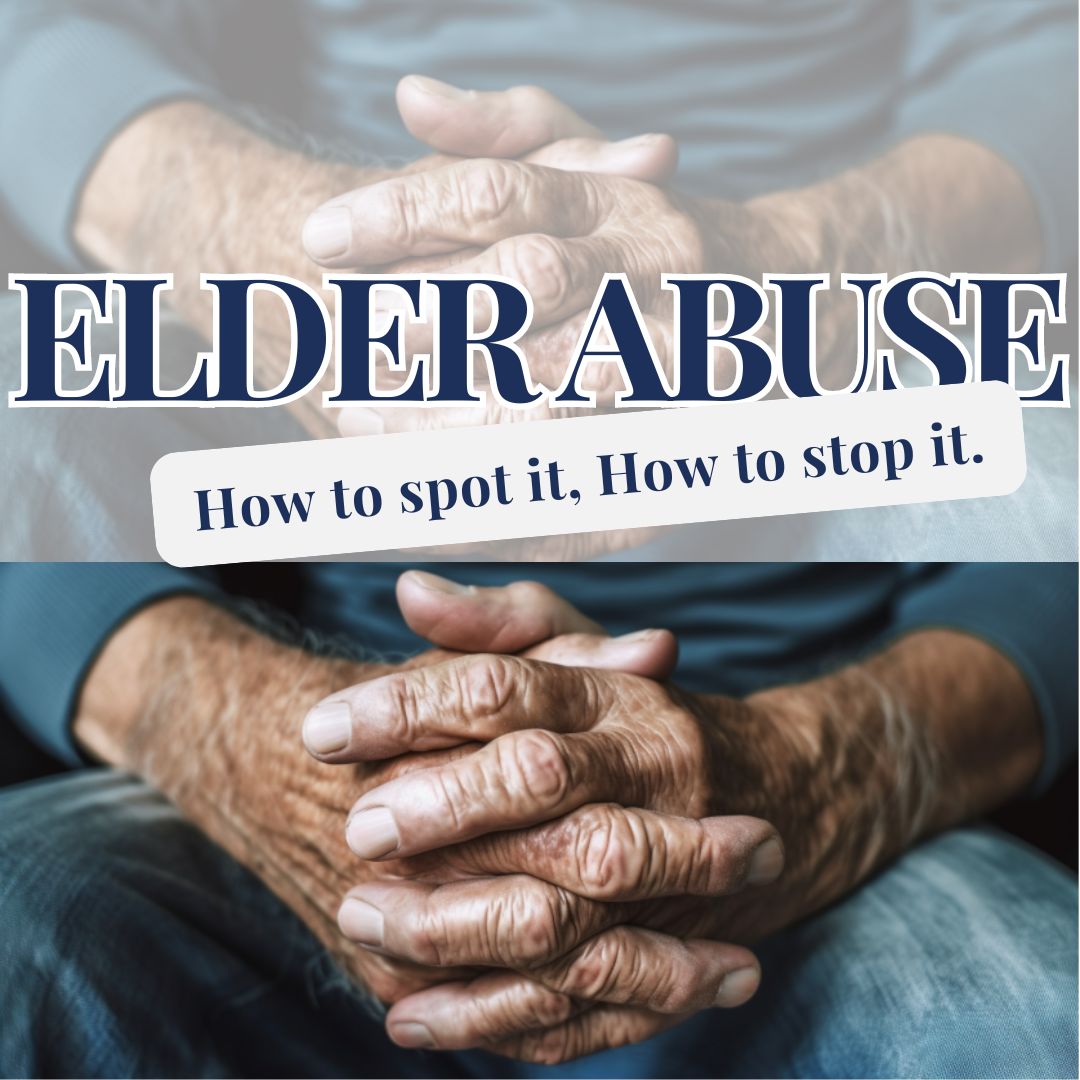Elder abuse is a significant concern in Australia, affecting the well-being and dignity of older adults.
It can manifest in various forms, including physical, emotional, financial, and sexual abuse, as well as neglect.
According to the Australian Institute of Family Studies, between 2% and 14% of older Australians experience elder abuse in any given year, with financial abuse being the most commonly reported form. Recognising the signs is crucial in preventing and addressing this issue.
Recognising the Signs of Elder Abuse
Identifying elder abuse can be challenging, as it often occurs in private settings and may be perpetrated by family members or caregivers. However, there are several indicators to watch for:
- Physical Abuse: Unexplained bruises, fractures, or injuries; fearfulness or anxiety in the presence of specific individuals; and signs of restraint.
- Emotional Abuse: Withdrawal from everyday activities, sudden changes in behaviour, depression, or fearfulness.
- Financial Abuse: Unexplained changes in bank account activity, missing belongings, or sudden changes in a will or other financial documents.
- Neglect: Poor hygiene, malnutrition, untreated medical conditions, or unsafe living conditions.

Vulnerability of People with Dementia
People with dementia are particularly vulnerable due to their cognitive impairments, which can affect memory, communication, and decision-making abilities.
This vulnerability makes them easy targets for abuse, as they may struggle to articulate their experiences or be unaware of the abuse occurring.
- Increased Dependence: Individuals with dementia often rely heavily on caregivers for daily needs, increasing the risk of neglect or exploitation.
- Communication Barriers: Dementia can hinder a person’s ability to communicate abuse, making it harder for them to seek help.
- Isolation: Those with dementia may experience social isolation, which can exacerbate their vulnerability and limit their access to outside support.
Reporting and Stopping Elder Abuse
If elder abuse is suspected, taking action to protect the individual is essential.
In Australia, elder abuse can be reported to the police or local helplines, such as the National Elder Abuse Helpline.
The Aged Care Quality and Safety Commission can also investigate concerns about aged care services.
Community awareness and education play vital roles in preventing elder abuse. By understanding the signs and knowing how to report suspected abuse, individuals can help protect vulnerable older adults.

Skills Centre Australia and Elder Abuse Awareness
Skills Centre Australia recognises the importance of educating professional carers to prevent and address concerns regarding client safety. That’s why our dementia training course now includes a comprehensive elder abuse awareness module. This module equips carers with the knowledge and skills to recognise the signs of abuse and take appropriate action to safeguard their client’s well-being and safety.
By integrating awareness into our training, Skills Centre Australia actively contributes to a safer environment for older Australians. Abuse of the elderly is a serious issue that requires vigilance and proactive measures to address. By recognising the signs, reporting suspected abuse, and supporting educational initiatives like those offered by Skills Centre Australia, Australians can work together to protect the rights and dignity of older adults. Through increased awareness and education, we can strive to create a society where everyone is treated with respect and care.


